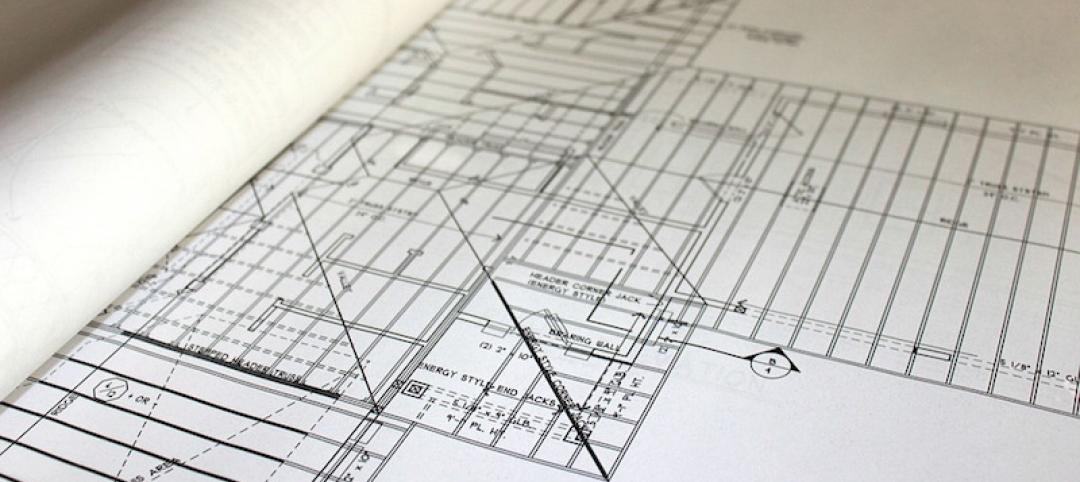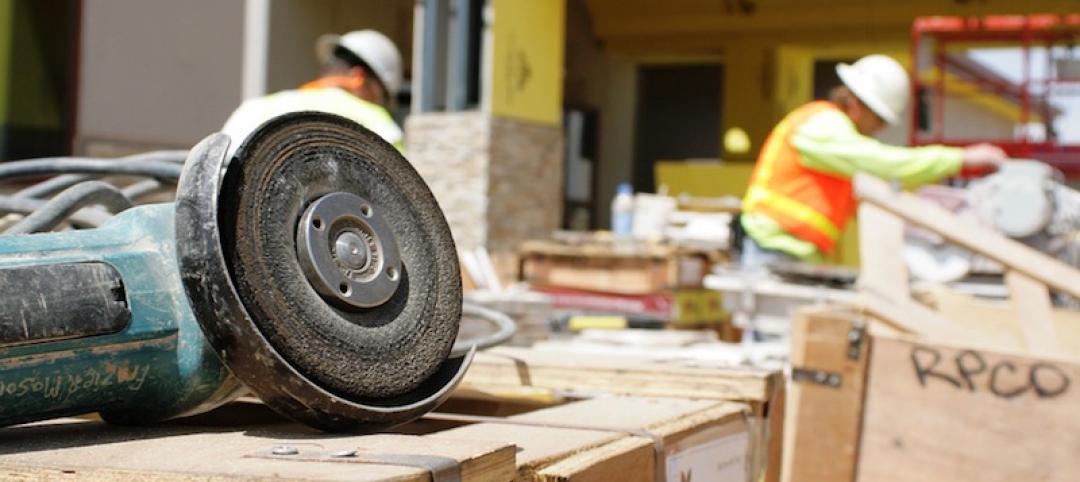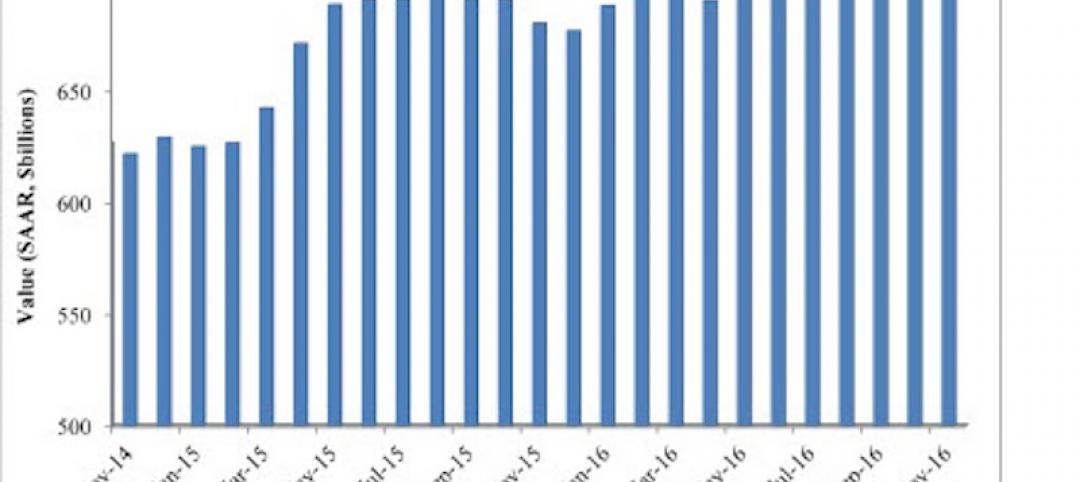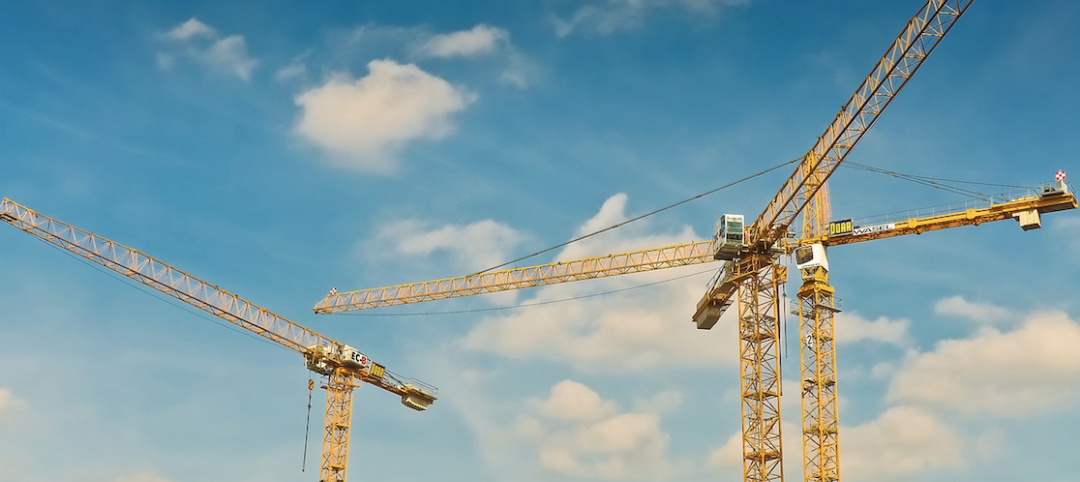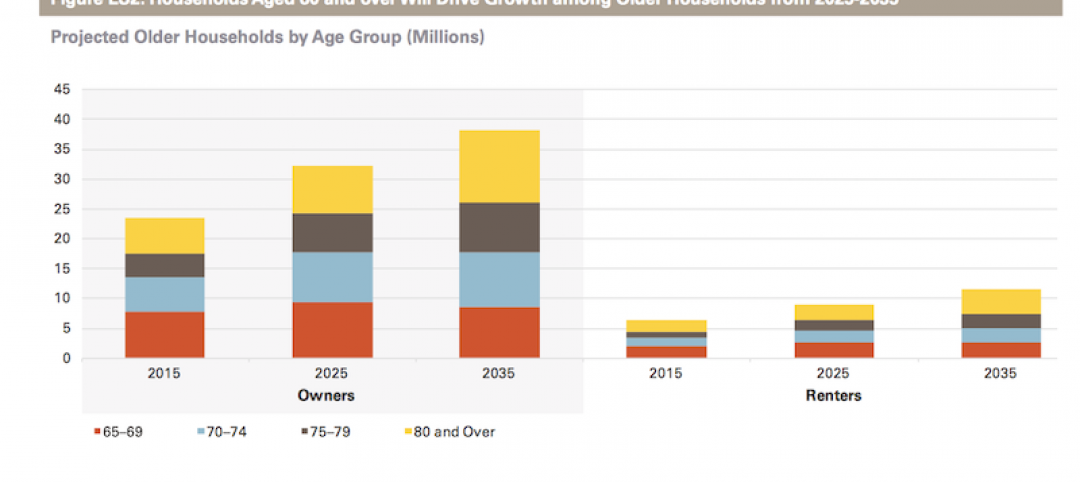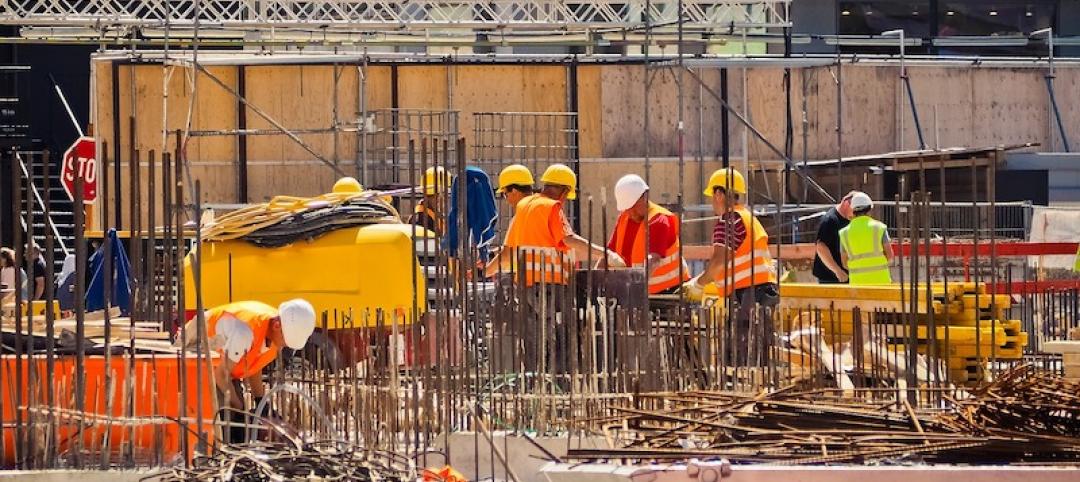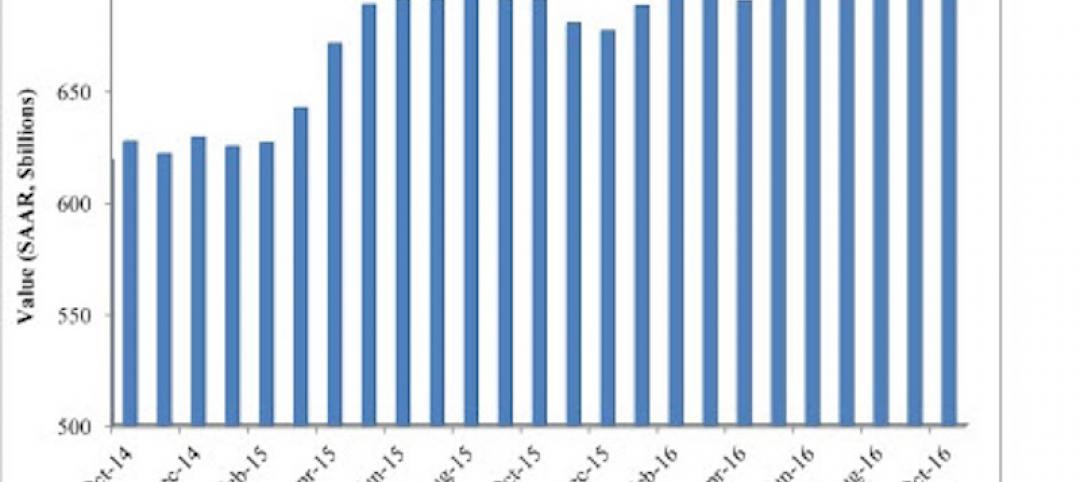Associated Builders and Contractors reports today that its Construction Backlog Indicator remained unchanged at 9.2 months in December 2022, according to an ABC member survey conducted Dec. 20, 2022, to Jan. 5, 2023. The reading is one month higher than in December 2021. (View ABC’s Construction Backlog Indicator and Construction Confidence Index tables for December 2022.)
Backlog remains at its highest level since the second quarter of 2019. This has been especially true in the South, which has been the case for many of the past several years.

ABC’s Construction Confidence Index reading for profit margins and sales increased in December, while the reading for staffing levels moved lower. All three readings remain above the threshold of 50, indicating expectations of growth over the next six months.
“Contractors enter the new year with plenty of optimism,” said ABC Chief Economist Anirban Basu. “Backlog remains elevated, which means that, even if the economy were to enter recession this year, contractors would likely be insulated from significant harm. Rather than fixate on the possibility of a recession, many contractors remain focused on growth, with expectations for rising sales and staffing levels over the next half year. Even the reading on profit margins increased this month, perhaps reflecting an improved supply chain.
“While 2023 continues to be filled with promise, contractors may soon show more concern,” said Basu. “Anecdotal evidence suggests that financing commercial real estate projects is more difficult, due in part to recession predictions. The general increase in the cost of capital has also jeopardized many projects, with certain contractors noticing an increase in postponements.”
Related Stories
High-rise Construction | Jan 23, 2017
Growth spurt: A record-breaking 128 buildings of 200 meters or taller were completed in 2016
This marks the third consecutive record-breaking year for building completions over 200 meters.
Market Data | Jan 18, 2017
Fraud and risk incidents on the rise for construction, engineering, and infrastructure businesses
Seven of the 10 executives in the sector surveyed in the report said their company fell victim to fraud in the past year.
Market Data | Jan 18, 2017
Architecture Billings Index ends year on positive note
Architecture firms close 2016 with the strongest performance of the year.
Market Data | Jan 12, 2017
73% of construction firms plan to expand their payrolls in 2017
However, many firms remain worried about the availability of qualified workers.
Market Data | Jan 9, 2017
Trump market impact prompts surge in optimism for U.S. engineering firm leaders
The boost in firm leader optimism extends across almost the entire engineering marketplace.
Market Data | Jan 5, 2017
Nonresidential spending thrives in strong November spending report
Many construction firms have reported that they remain busy but have become concerned that work could dry up in certain markets in 2017 or 2018, says Anirban Basu, ABC Chief Economist.
Market Data | Dec 21, 2016
Architecture Billings Index up slightly in November
New design contracts also return to positive levels, signifying future growth in construction activity.
Market Data | Dec 21, 2016
Will housing adjust to an aging population?
New Joint Center report projects 66% increase in senior heads of households by 2035.
Market Data | Dec 13, 2016
ABC predicts modest growth for 2017 nonresidential construction sector; warns of vulnerability for contractor
“The U.S. economy continues to expand amid a weak global economy and, despite risks to the construction industry, nonresidential spending should expand 3.5 percent in 2017,” says ABC Chief Economist Anirban Basu.
Market Data | Dec 2, 2016
Nonresidential construction spending gains momentum
Nonresidential spending is now 2.6 percent higher than at the same time one year ago.




